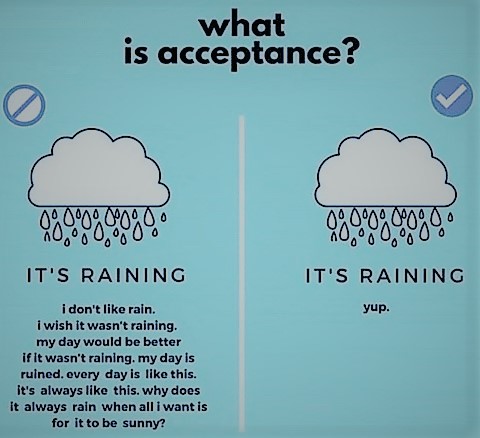I’ve been watching the dichotomy between the 5G hype (often belief-based with little in the way of rational analysis) and counter arguments (generally based on rational arguments referencing history); same with mobile edge compute (not edge compute, that’s something different, yet conflated); same with ORAN (latest positioning is you’ll spend the same, saving are in operations <sniggers at the old chestnut to avoid impacting network revenues>), the list goes on.
We’ve been here many times before, e.g. IMS, billions spent for not much change in customer experience. VoLTE and HD voice didn’t need IMS, and when mobile HD voice finally rolled out most customers were accustomed to HD voice from all their other voice services. Though sometimes telcos do not follow the party-line, some toe-dipped in RCS but didn’t commitment, so Google has taken RCS over by bundling it in Messages. Remember when push to talk, or mobile TV, or mobile video calling on 3G, or digital life, or NFV, or connected home was a thing? The list goes on. The operating model of “believe the story and sign the network invoice” is decades’ old.
Is the industry broken? It depends on your point of view. Network vendors need to keep their revenues flowing, they need telcos to buy what they’ve got on the shelves, built on telecom standards that keep broader competition away. The tried and tested method is to hype the industry story, help the carriers believe, and revenues continue to flow. They’re behaving rationally.
For telcos they’re in a state granted oligopoly, customers do not have a choice but to buy their services. Customers generally need mobile and fixed broadband to function in society. Telcos are critically dependent on their network vendors, and need to be seen to be doing something to maintain market valuations.
They are acting rationally. Invest in 5G to not fall behind and lose market share to their competitors. Repeat the 5G carrier cloud story with the vendors, and the financial analysts nod as it’s an approved story, and as long as their expectations are met when results are next announced, everything is OK.
But there are gaps in this mutual dependence, the network vendors are focused on network solutions. Communication services have become impoverished cousins over the past two decades.
As evidence, some (not all) enterprises now buy their communication services from other than the telco. Telcos now have to resell their competitors, e.g. RingCentral, to their larger enterprise accounts.
I recently reviewed the sale of MobiledgeX to Google. MobiledgeX had carriers spending $$$ when there was no proof customers would buy any of the claimed use cases. It was in violation of the proven start-up innovation model of: hack, test, seed, MVP, test with end customers paying $$, first round.
I titled this article Acceptance, as the telco:network vendor mutual dependence is not going to change, it’s decades old. Accept it.
Over the past decade the budgets for service innovation have all but collapsed. I see so many service innovation projects never get going because there’s no cash, while millions get spent on network related stories that haven’t even proved customers will buy. There is no easy answer to this situation, there are success cases, such as Ideamart. But they are few and far between.
The point of this weblog:
- Accept the mutual dependence of telcos and their network vendors. Rational analysis will not change their belief-based strategy, the network invoices must continue to be paid.
- Focus on helping service innovation, one example is TADHack Founder Academy, it’s a work in progress and we’ll have more on this soon.
- For the Telco execs, set aside funding that is considered spent right from the start of the year so it does not disappear. Support service innovation with local innovators who are solving local problems that matter using the proven start-up innovation model.
